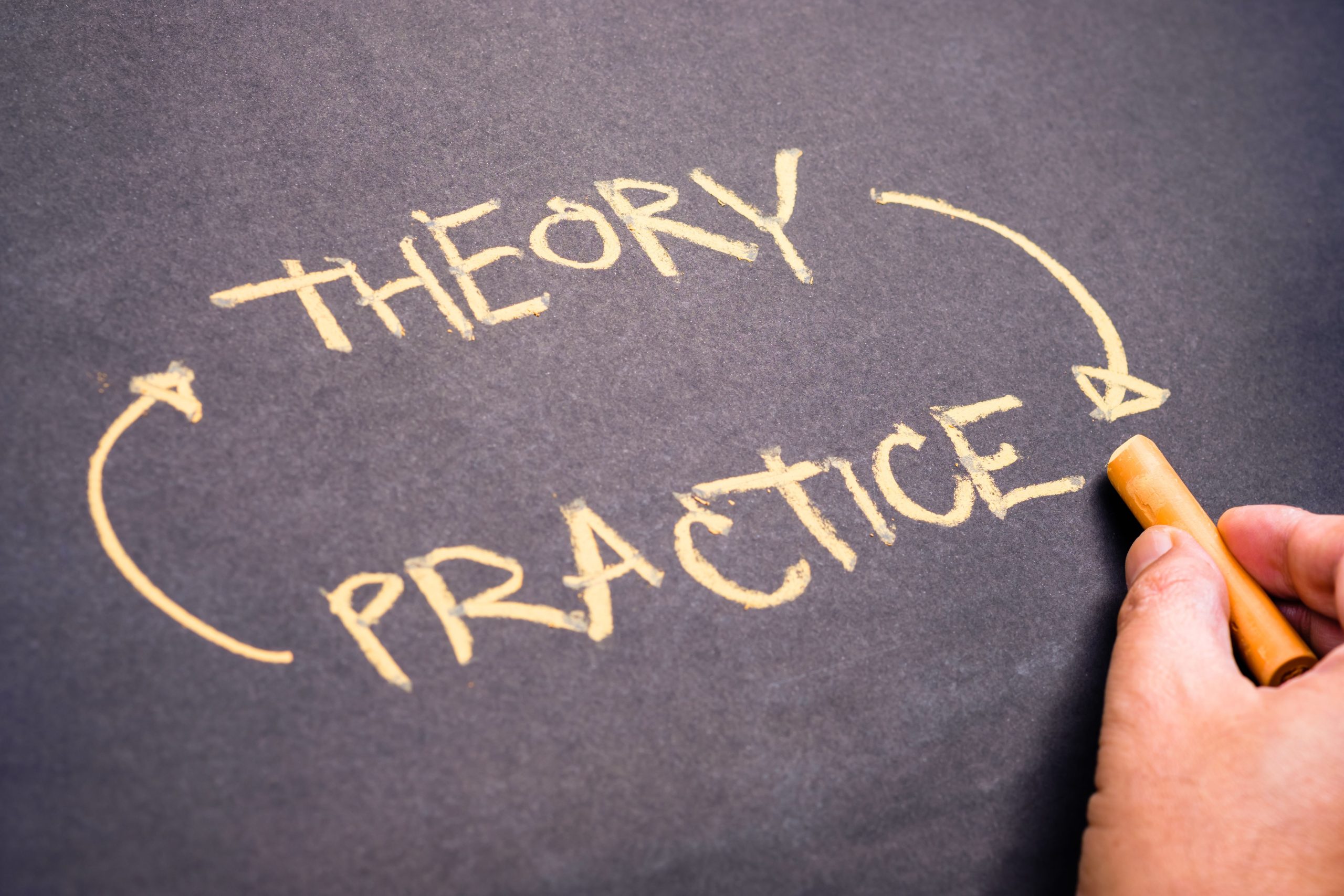So much of what we are exposed to when we learn about something is outside the actual concept. When you read a book for example, there are usually like maybe seven to ten chapters that each focus on a topic. The book may be around 280 pages long. That means they are using on average about 40 pages to go in depth on each topic.
These 40 pages can be examples, alternate perspectives of the concept, related experiences, regurgitation of the same concept, etc.
Much of the time, it’s very helpful to have all the extra info. Sometimes, it’s just filler.
But here are two things to consider concerning the core concept vs ancillary information.
First, you need to learn to pull out the concept and be clear on the one thing that all the other stuff is about. Sometimes it’s easy to get stuck in the weeds and forget that there is a central idea. Getting clear about what it’s all about accelerates functional learning.
Secondly, once you isolate the core concept, you can magnify the learning process by linking to other concepts or finding other ideas that share that core concept.
Here’s an analogy from my job as a SQL programmer. Let’s say you have two tables of data. One for students and another for classes. When you find a common field between the two sets of data, you can JOIN them to pull data from both tables and see how they are related.
When you start out, you can look at people and their age, address, area of study, etc. In the classes table you can look at class times, locations, instructors, and number of credits, etc.
When you JOIN the tables, you can see what classes a person is taking and how many total credits they have this semester. You can see how many people of a certain age group are taking a class. The number of classes per student could be pulled.
So by connecting the two sets of data, you get exponentially more usable information.
Core concepts help us to see what things are related at the foundation and all the extra details can be added in a more organized way.
So when you are in the process of learning, make sure you understand the core concept(s). You will learn more and learn faster as well as be able to really put that knowledge to use in the real world.



